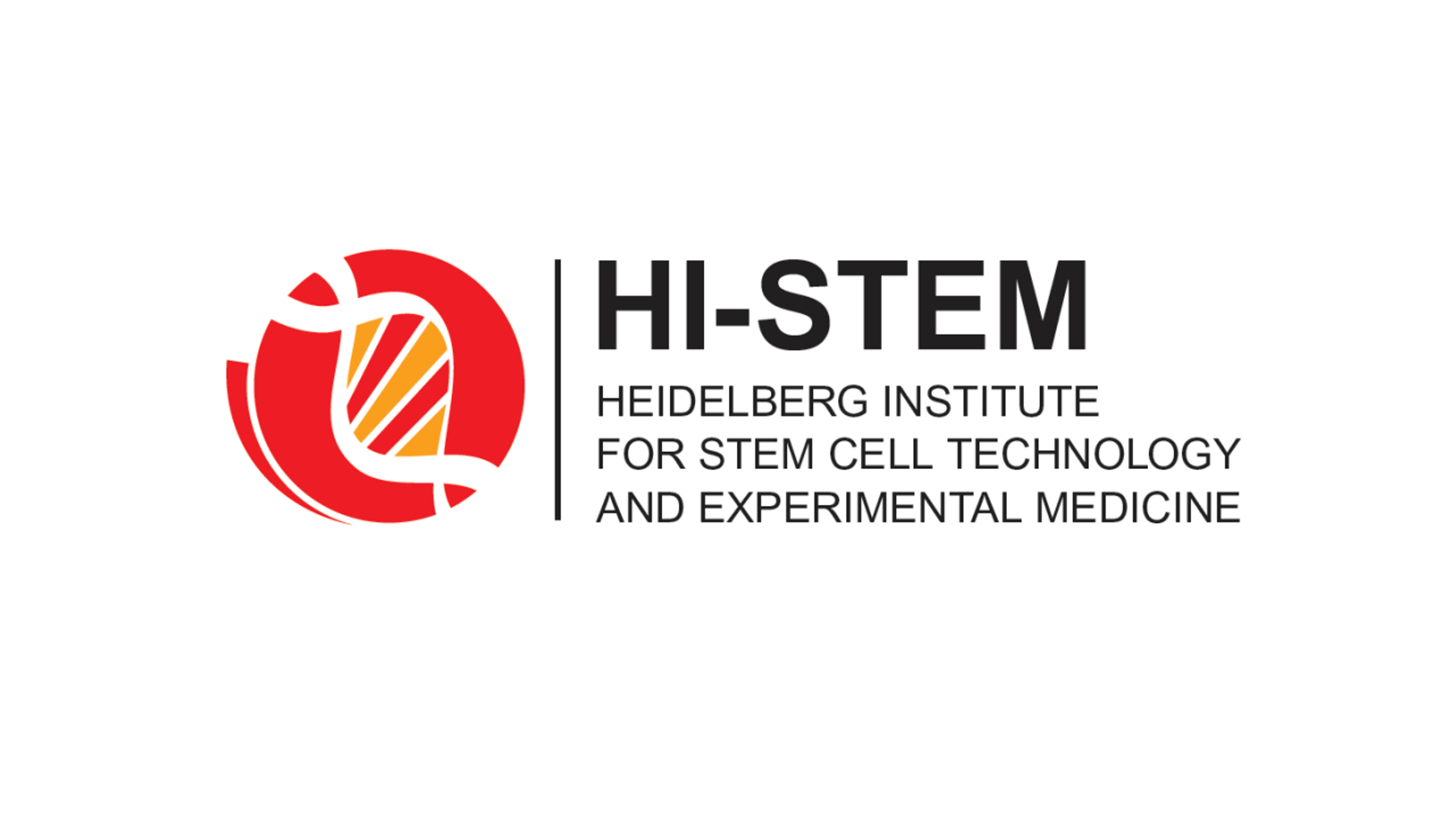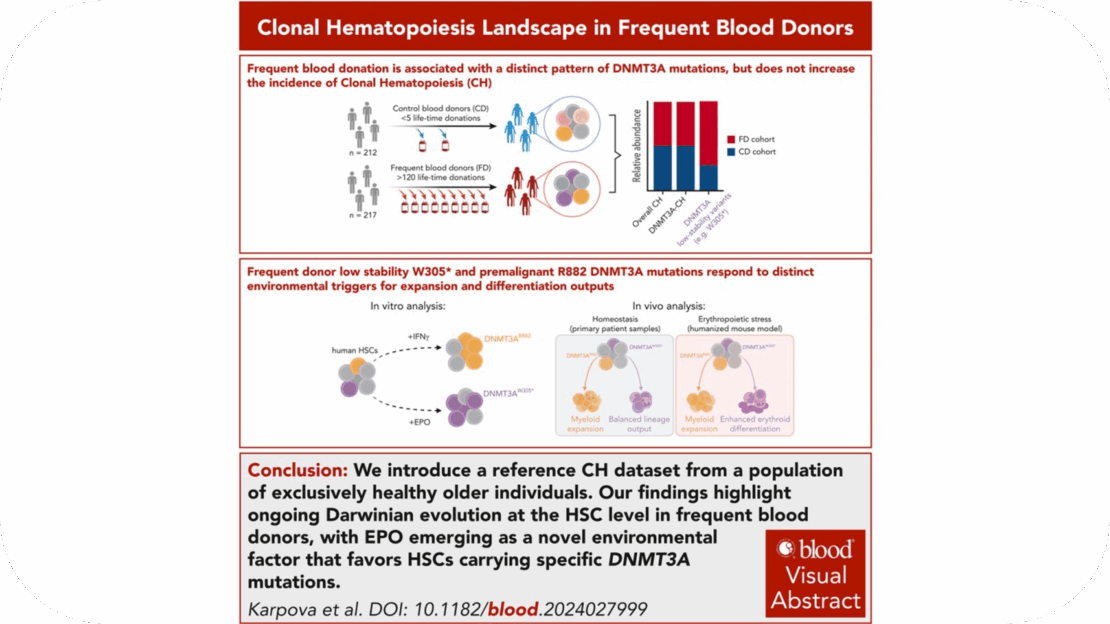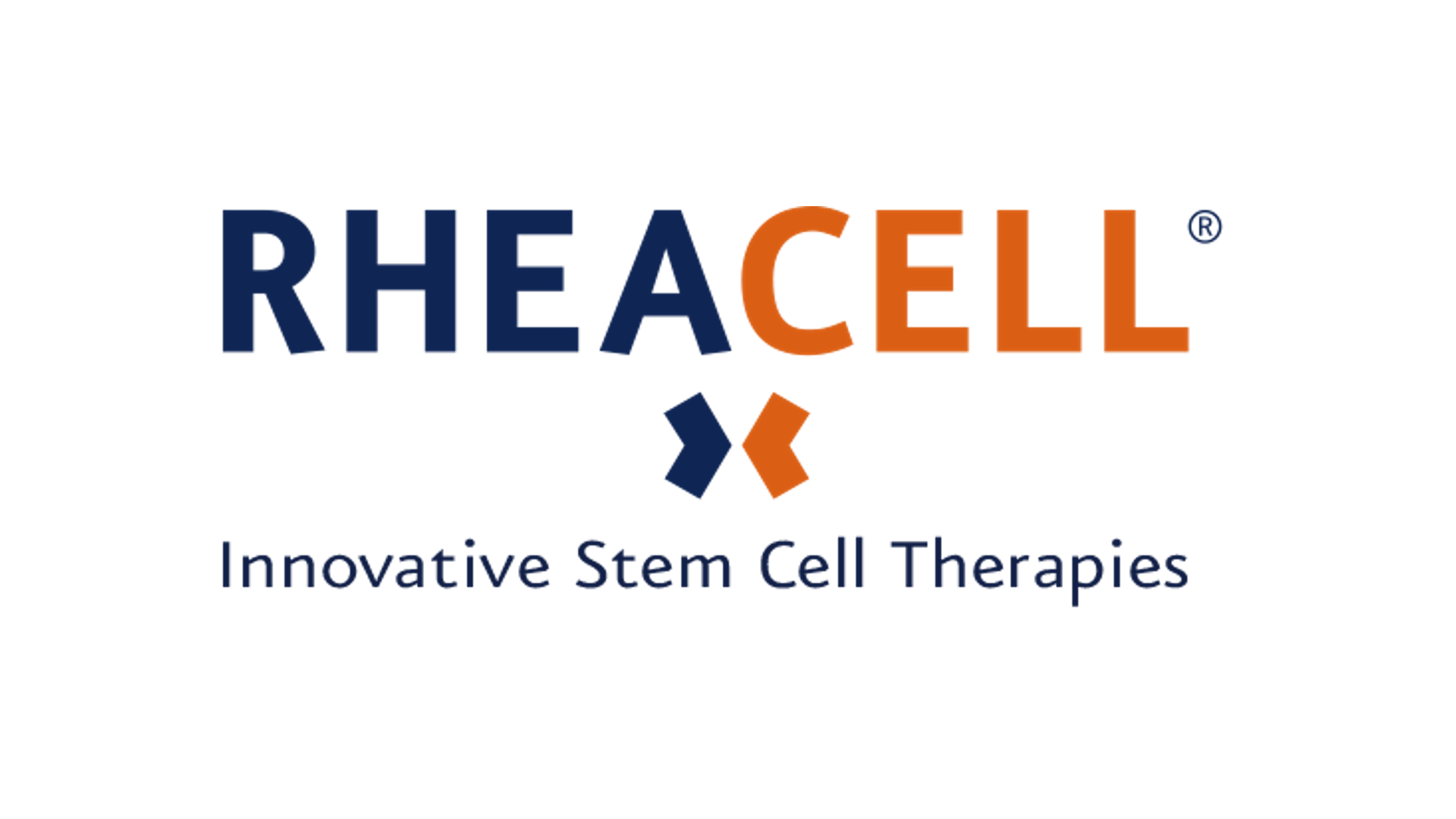Clonal hematopoiesis landscape in frequent blood donors

Key Points
- CH analysis of a unique and uniform cohort of exclusively healthy individuals exposed to a novel type of selection pressure was conducted.
- Novel EPO-responsive DNMT3A mutations with distinct in vivo and in vitro growth behavior were identified.
Abstract
Donor blood saves lives, yet the potential impact of recurrent large-volume phlebotomy on donor health and hematopoietic stem cells (HSCs) remains largely unexplored. In our study, we conducted a comprehensive screening of 217 older male volunteer donors with a history of extensive blood donation (>100 lifetime donations) to investigate the phenomenon of clonal hematopoiesis (CH). No significant difference in the overall incidence of CH was found in frequent donors (FDs) compared with sporadic donors (<10 lifetime donations; 212 donors). However, upon deeper analysis of mutations in DNMT3A, the most commonly affected gene in CH, we observed distinct mutational patterns between the FD and age/sex-matched control donor cohorts. Functional analysis of FD-enriched DNMT3A variants examined in CRISPR-edited human HSCs demonstrated their competitive outgrowth potential upon stimulation with erythropoietin (EPO), a hormone that increases in response to blood loss. In contrast, clones harboring leukemogenic DNMT3A R882 mutations increase upon stimulation with interferon gamma. Through concurrent mutational and immunophenotypic profiling of primary samples at single-cell resolution, a myeloid bias of premalignant R882 mutant HSCs was found, whereas no significant lineage bias was observed in HSCs harboring EPO-responsive DNMT3A variants. The latter exhibited preferential erythroid differentiation when persistent erythropoietic stress was applied to CRISPR-edited human HSC xenografts. Our data demonstrate a nuanced, ongoing Darwinian evolution at the somatic stem cell level, with EPO identified as a novel environmental factor that favors HSCs carrying certain DNMT3A mutations.

Subjects:
Hematopoiesis and Stem Cells, Plenary Papers, Transfusion Medicine




